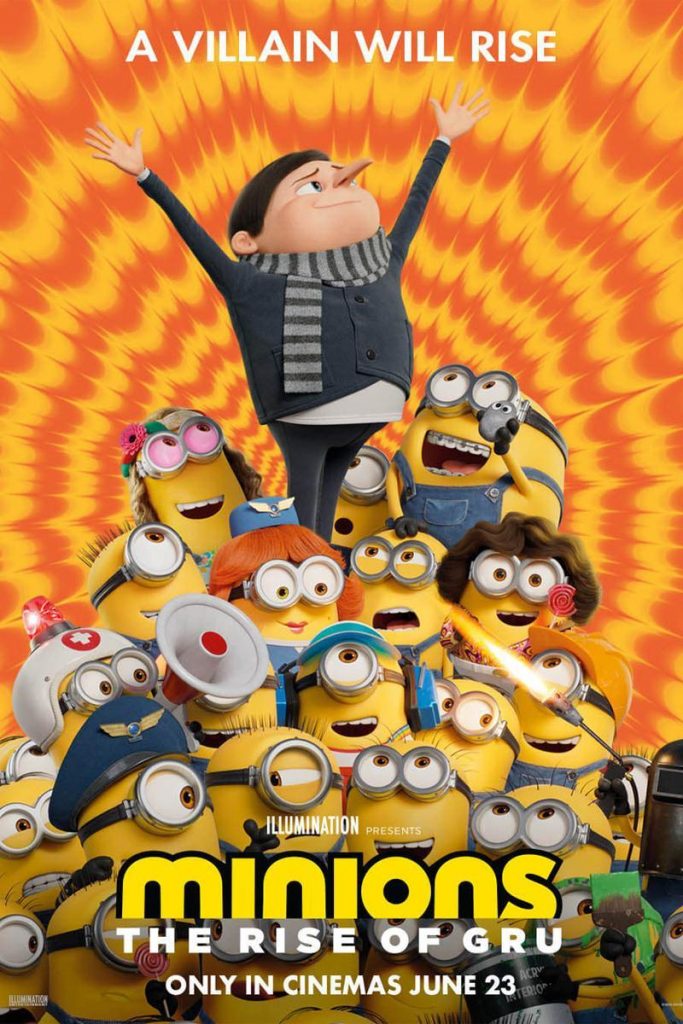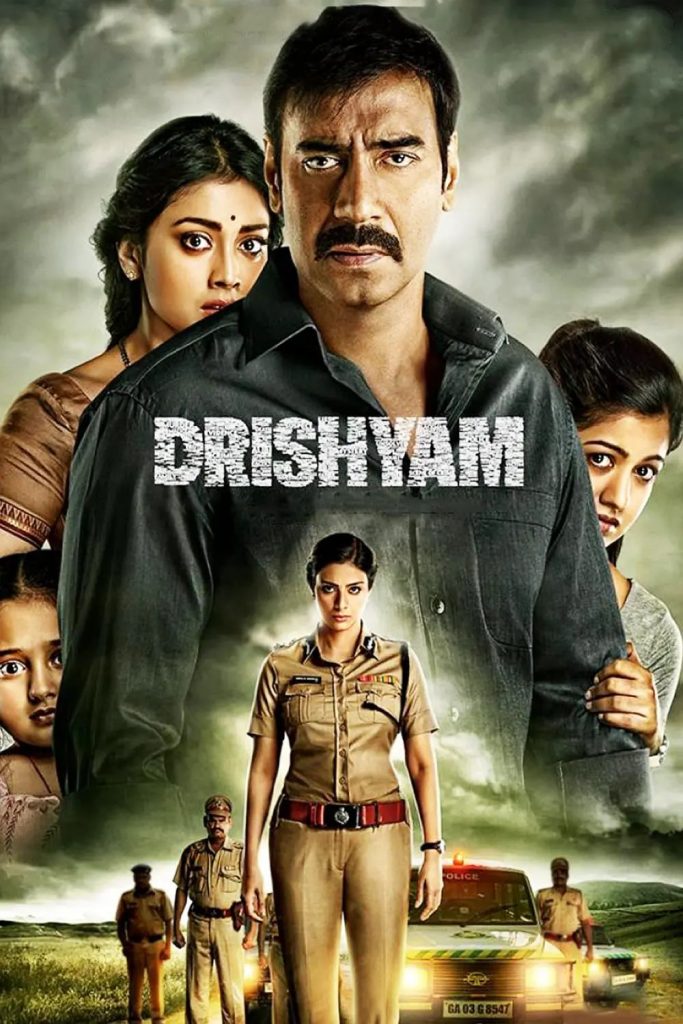I saw Birth of a Legend twice, the first time with tears in my eyes and the second time with wet corners. Despite the fact that the film is a grim look at the 1958 match, I was struck by the “smile of Pele’s parents”.
If someone were to discuss the climax of Birth of a Legend, what would it be? I would say that there are too many climactic moments throughout the film. It’s a story that is highly condensed and delivered in detail with complex emotions, and each person’s experience gives you a sense of the joy and sorrow of fate.
As the film shows the changes in fate, it occasionally reminds you to ignore the ‘injustices’ with a peaceful perspective, as it unfolds Bailey’s childhood in a dual perspective. When switching to his parents’ point of view, the viewer is able to understand a little more about them, for example: Pele’s father was disabled by a football injury and the team had no compensation or treatment money, so he quit the team and worked as a cleaner, such as scrubbing toilets, for a living; while Pele’s mother, who had fallen in love with her father’s talent because of his football skills, quickly awoke from her dream and became a humble maid after his accident.
When switching to Bailey’s point of view, the audience is left with a sense of expectation for him again, knowing that this gifted young man is only a matter of time away from his dream, but suffering from all kinds of resistance. The emotional process of finding oneself also reveals the rocky road to redemption for the Ballon d’Or.
The most impressive moments in the film are “stealing peanuts” and “talking to Yuri on the bridge”. The difficulty for young Bailey and his friends is that they cannot find a way to the “ideal world” within the confines of their real lives. A few team shirts made from a flowered bed sheet, they couldn’t afford sneakers, so they borrowed socks and shoes that were a size too big, and ended up as the “barefoot team”. Before they became known as the “barefoot team”, they tried to reverse the embarrassing situation by stealing a few bags of peanuts from a logistics company in exchange for a few pairs of shoes. However, a fight with a rich kid at the market led to the collapse of their hard-earned “peanut rice business”. In an era of money shortages, two bags of peanuts + free shoe shine were the only way to generate a modest profit, and the fate of the poor was deeply entrenched.
Some people were caught robbing shops and sent to jail, others escaped from the police, others died in a cave collapse for a few bags of peanuts, and as Yuri said to Bailey on the bridge, “You know we’re not going to make it. ……”. . In other words, if they wanted to change their fate, they had to choose to be evil. The odds of Pele being the only one of their group to make a difference are probably equivalent to the sky falling on the people. The entire Brazilian era was longing for a legendary hero to revive their declining confidence.
Poverty engenders a fear of breaking through the sub-walls of class, which is why, when it became clear that Mazzola had kicked over the bucket in which Pele was scrubbing the floor, his mother carefully apologised and added the vow: “Never again will you bring him here”. The parents of the poor were quite unrealistic, pinning all their hopes of a good time on the benevolence of the rich.
In modern terms, it is much more difficult to produce a competitive sports talent than an actor. While both are the result of talent and hard work, the former is only a one-way street. While the film portrays a South American slum family, the emotional thread of kinship runs throughout the film, paving the way for the theme of “The Awakening of the King”.
From the audience’s point of view, we see not only the path of a king’s rebellion, but also the power of dreams. At this point I had to recall the tears in Pele’s father’s eyes as he laughed, the other side of the king’s path being the eternal irreconcilability with self. At first Brazilian football won the title simply for the sake of glory, it represented the traditional strengths of the country. And then the game of football evolved as a dialogue between the strong and the weak, into a rivalry between South America and Europe in one area or another.
As poor people, ball skills started as a way to prove their abilities and became a sign of worthiness from destiny. A 15-year-old slum boy unable to complete the imagery of his sense of success, it is his parents who advance his salary to buy cakes and trousers, a sacrifice that makes Dico, who is not yet a Pele, realise, “Choose to be strong for them.”
As parents who have been hit hard by success, I admire them for being the first to rise from the ‘mud of failure’ and give their children support. It seems that parents abroad are a little stronger at heart, they can withstand all the mistakes their children make, even when Dico has to withdraw from a race with a leg injury, the mother just says, “It’s a choice we all make” to comfort his upset heart.
In all subjects involving success, we have a given confidence in the outcome of the play. But when you watch Birth of a Legend, you are reminded of the courage shown in the face of extreme adversity. Success and failure are two opposing and irreconcilable enemies, and this teenager’s triumph over not only his personal fate, but also the confidence of an entire nation in “Renga”, carries a meaning that goes far beyond the image of a football champion.
In China, players would never have struggled to survive in such a difficult environment, and there would never have been a Ballon d’Or. 1958 will not be known by many, but this film gives audiences a glimpse of the strong sporting soul of the legendary hero’s time, a retrospective of Brazil in the changing era of Pele, and a rediscovery of the dreams that lurked within.













